Have you ever wondered if installing solar panels yourself could save you money, or if hiring professionals is worth the extra cost? Could taking the DIY route be a rewarding challenge or an overwhelming task? Imagine powering your home with clean energy and reducing electricity bills—but first, you must decide how to get those panels on your roof. What’s the best choice for you?
Solar panel installation is an essential step in transitioning to renewable energy, and the decision between a DIY solar installation and hiring professionals can significantly impact your costs, efficiency, and long-term benefits. In this article, we’ll break down the pros and cons of each option, guiding you to make an informed decision that fits your needs and budget.
1. Why Install Solar Panels in the First Place?
The Benefits of Solar Energy
- Cost Savings: Solar panels can reduce your electricity bills by up to 70%.
- Environmental Impact: They decrease your carbon footprint and contribute to a cleaner planet.
- Energy Independence: Generate your own power and reduce reliance on the grid.
DIY vs Professional: The Key Question
The primary decision is whether to install the panels yourself or hire professionals. Each option has distinct advantages and challenges that we’ll explore in detail.
2. DIY Solar Panel Installation: What You Need to Know
Pros of DIY Solar Installation
- Lower Upfront Costs: Avoid labor fees and markups charged by professional installers.
- Hands-On Satisfaction: Completing the installation yourself can be a rewarding experience.
- Flexible Schedule: Work at your own pace without relying on contractor availability.
Cons of DIY Solar Installation
- Complexity: Solar installations require knowledge of electrical systems, roofing, and local building codes.
- Risk of Errors: Improper installation can reduce efficiency or damage your panels.
- No Warranty on Labor: Most warranties only cover manufacturer defects, not installation issues.
Ideal for DIYers
- Technically skilled individuals.
- Homeowners with simple roofs.
- People looking to save money upfront.
Quick Tip: Check local regulations and permits before starting your DIY project.
3. Professional Solar Panel Installation: Why Pay More?
Pros of Professional Installation
- Expertise and Efficiency: Trained professionals ensure optimal panel placement and system performance.
- Comprehensive Warranties: Many companies offer warranties covering both products and labor.
- Hassle-Free Process: Professionals handle permits, inspections, and utility connections.
Cons of Professional Installation
- Higher Costs: Labor and service fees can add 10-20% to your installation costs.
- Limited Control: You rely on contractors’ schedules and availability.
Ideal for Hiring Professionals
- Homeowners with complex roofs.
- Those without technical skills or experience.
- People who value convenience and long-term support.
Pro Tip: Always get multiple quotes to ensure competitive pricing from professional installers.
4. Comparing Costs: DIY vs Professional
DIY Solar Installation Costs
- Solar Panels: $6,000-$10,000 for a 6kW system.
- Additional Materials: $500-$1,500 for wiring, inverters, and mounting hardware.
- Tools and Equipment: $200-$500.
Professional Solar Installation Costs
- Total System Cost: $15,000-$25,000, including labor and warranties.
- Government Incentives: Tax credits and rebates can significantly reduce the final cost.
Quick Fact: DIY installations save money upfront but may lack the long-term benefits of professional warranties and optimal efficiency.
5. Challenges of Solar Panel Installation
For DIYers
- Electrical Work: Incorrect wiring can pose safety risks.
- Roof Damage: Improper mounting can lead to leaks or structural issues.
- Permit Processes: Navigating local regulations can be time-consuming.
For Professionals
- Finding Reputable Installers: Research is crucial to avoid subpar workmanship.
- Scheduling Delays: High demand for solar installations may extend project timelines.
6. How to Decide: DIY or Professional?
Key Questions to Ask Yourself
- Do I have the skills and tools for a DIY project?
- Is my roof suitable for solar panels?
- Am I willing to invest more upfront for professional services?
Hybrid Option: DIY + Professional
Some homeowners choose to handle parts of the process, like purchasing equipment, while leaving the electrical work to licensed professionals.
7. Maximizing ROI on Solar Panel Installation
Tips for DIY Installations
- Choose High-Quality Panels: Invest in durable, efficient products.
- Follow Installation Guides: Manufacturer manuals and online tutorials are invaluable resources.
Tips for Professional Installations
- Negotiate Costs: Request itemized quotes to identify potential savings.
- Check Reviews: Ensure the installer has a strong track record.
8. Frequently Asked Questions
Can I Install Solar Panels Without Experience?
While possible, it’s risky. Proper installation requires technical skills and compliance with local codes.
How Long Do Solar Panels Last?
Most panels last 25-30 years, making them a long-term investment.
Are DIY Installations Eligible for Tax Credits?
Yes, but you must meet all permit and inspection requirements.
9. The Future of Solar Energy
As solar technology becomes more affordable and efficient, both DIY and professional installations will continue to grow. The key is finding the option that best fits your needs and budget.
Choose What Works Best for You
Installing solar panels is a significant step toward energy independence and sustainability. Whether you take the DIY route or hire professionals, the benefits of clean energy are undeniable. Ready to start your solar journey? Evaluate your skills, budget, and priorities to make the right choice for your home or business.
Visit our resources to learn more about solar panel systems, installation guides, and incentives that can make your transition to renewable energy seamless.
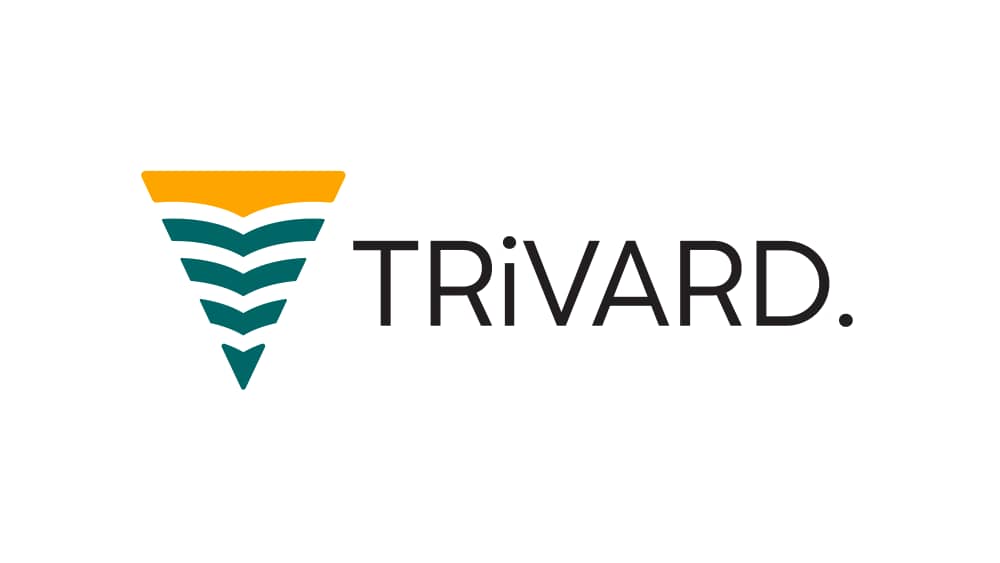




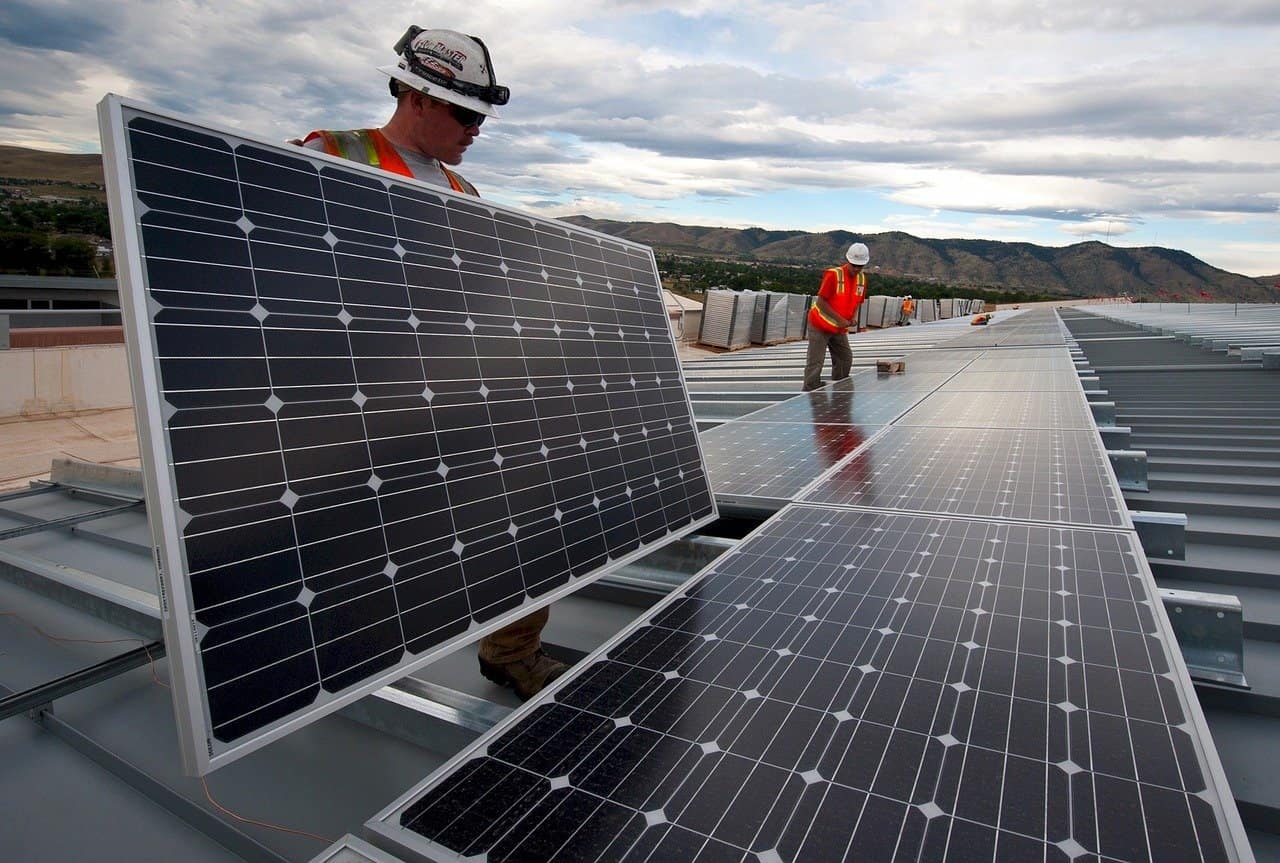


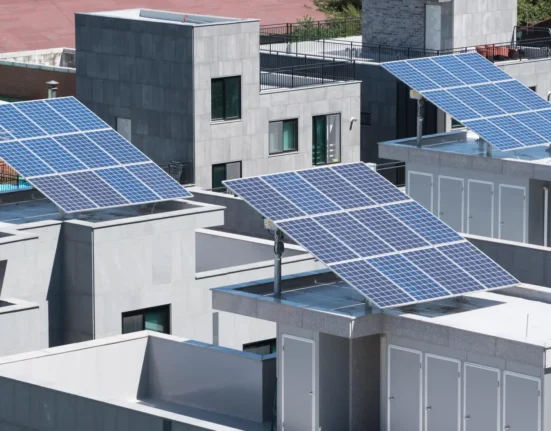

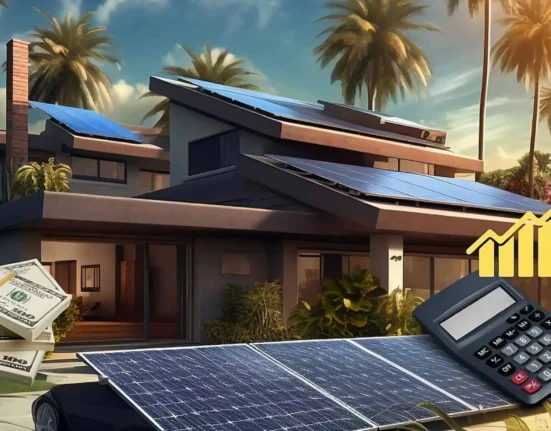
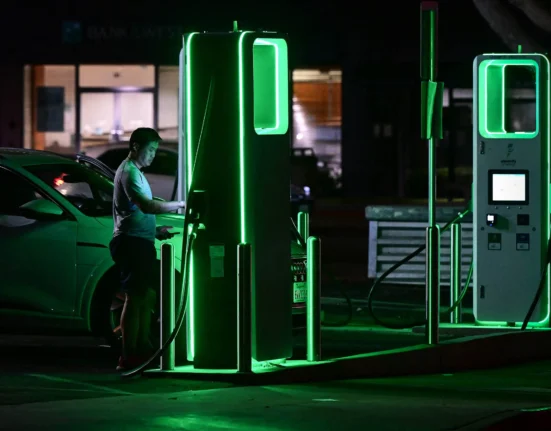
Leave feedback about this